SUMMARY
This is AI generated summarization, which may have errors. For context, always refer to the full article.
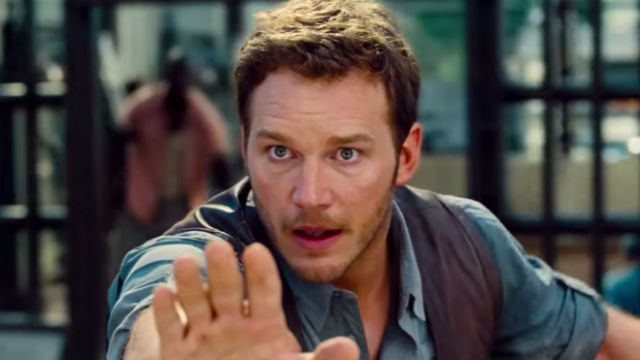
More than anything, it is awe that turned Steven Spielberg’s Jurassic Park (1993) into the pop culture phenomenon that it is now. Spielberg’s mastery of the art of marrying grandiose visuals and emotionally stirring sound, mixed with our collective curiosity for anything related to dinosaurs, created scenes of indelible impact. (Movie reviews: What critics are saying about ‘Jurassic World’)
The film, despite its age, remains memorable, even if in truth, it is nothing more than a predictable parable of the dangers of man playing god.
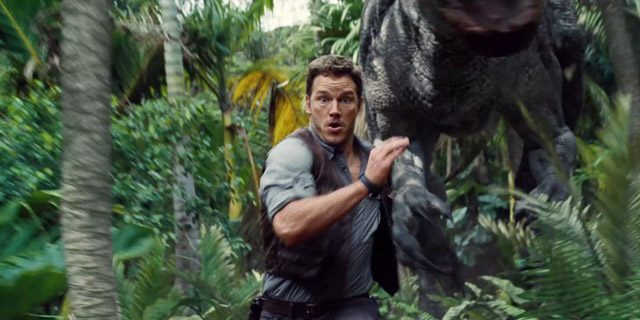
Its sequels, Spielberg’s The Lost World: Jurassic Park (1997) and Joe Johnston’s Jurassic Park III (2001), can only pale in comparison. Awe has been replaced by outlandish plots that still retain a certain connection to the original, warning humanity of the motivations of the powerful few who will never learn from the mistakes of the past. Despite the dissipation of awe, the sequels are all still entertaining, all guiltless spectacles that pit childhood fantasies against Hollywood formula. (READ: ‘Jurassic World’ dinosaurs roar back to life)
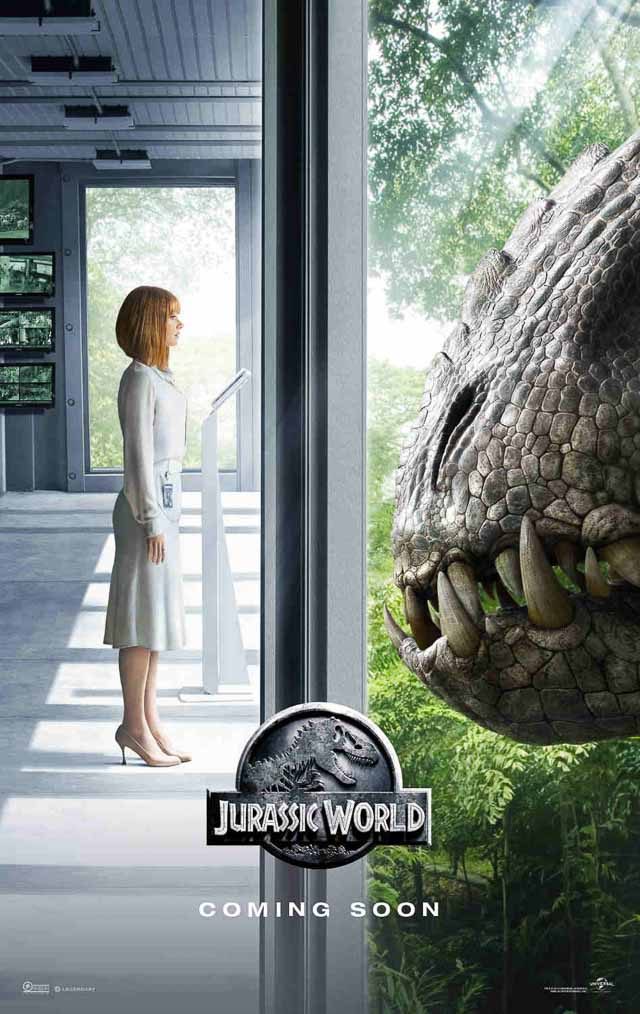
Jurassic World, directed by Colin Trevorrow, is more of the same kind of fun. While it acknowledges that it can never top the original, it is smart enough not to stray too far from what makes the films from the franchise enjoyable amidst the repetition. However, at this point in the franchise’s history, all awe is gone, with Jurassic World running not on pure fascination but on the predictable mechanics of blockbuster filmmaking. (WATCH: ‘Jurassic World’ gets ‘Sesame Street’ parody)
Twice on this island
Jurassic World is set on Isla Nublar, around more than 20 years after the events of the original film. Another theme park has been built over the ruins of the failed Jurassic Park. As it turns out, the park has been wildly successful, with its profit-oriented managers no longer as concerned at the ethics of resurrecting extinct animals for profit as they are at the creation of a bigger, better type of dinosaur to keep the interest of its customers from waning.
Claire (Bryce Dallas Howard), is the typical high-level corporate slave who is more concerned about her key performance indicators than everything else. On the day that she is to reveal the island’s new creation, a sort of Frankenstein dinosaur that has all the right DNA to turn it into the perfect predator, to her boss (Irrfan Khan), her nephews (Nick Robinson and Ty Simpkins) visit the park. This leaves her with no time to be the ideal aunt to her nephews.
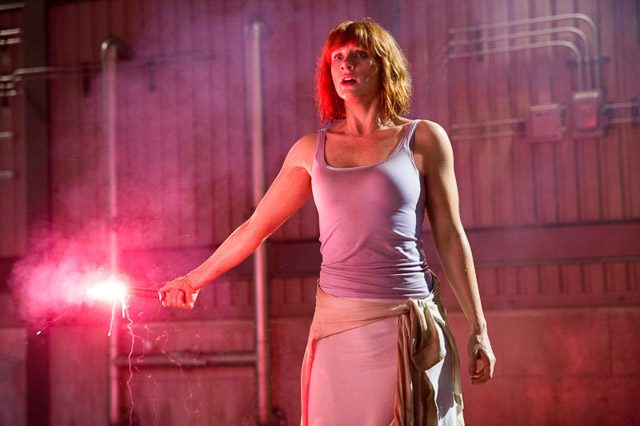
The new creation turns out to be a monster and escapes from its enclosure. Claire then recruits her ex Owen (Chris Pratt), a war veteran who is gifted with the ability to tame raptors, to ensure that her nephews are safe from the dinosaur that is now creating havoc for everyone and everything on the island.
Expanding the parable
Surprisingly, the most interesting aspect of Jurassic World is how its story is really a repeat of the first film, with characters suffering from their incessant meddling with Mother Nature. Sure, this time, the park is open, with thousands of tourists visiting weekly, sipping coffee out of a Starbucks outlet, and enjoying visual treats starring Jimmy Fallon inside a building named after Samsung. However, everything else is the same.
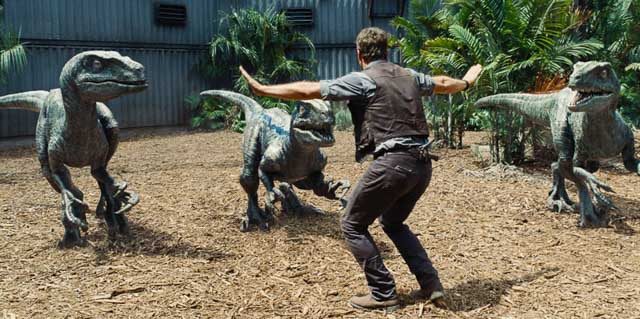
Somehow, what Trevorrow and his team of writers have done with the film is to expand the parable, litter it with details to commit into the blockbuster an outlook of very modern evils, which during Jurassic Park’s time wasn’t as pronounced. This time, corporations rule, pandering on features of questionable integrity all for the sake of profit. This time, clueless billionaires act carelessly on the basis of some New Age tenet regarding humanity’s humility against nature.
This time, the world is clearly confused. Jurassic World exists in an alternate universe that is suspiciously not unlike ours. It persists in a world where board rooms favor profit over lives, secretly heading experiments to plan against corporate failure. That is the evil that bluntly fuels Trevorrow’s adventure.
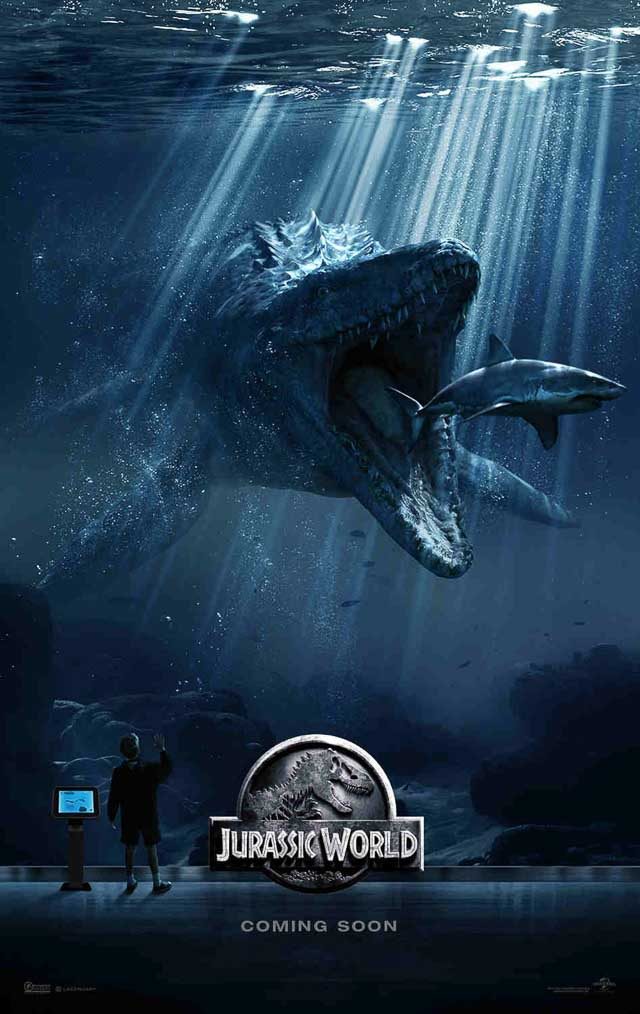
Not enough
Sadly, Trevorrow’s ambitious set-up is betrayed by a filmmaking style that blatantly lacks personality. Trevorrow, whose only other feature is the time-traveling relationship flick Safety Not Guaranteed (2012), seems to have been recruited to direct the blockbuster not for his instincts but for his ability to ape Spielberg. Jurassic World has all the notions of a Spielberg film, with its attempt to mix humanism with spectacle, but none of the skill.
The film suffers from looking like just about any other summer blockbuster. Its dinosaurs are weightless creations, computer-generated gimmicks whose interactions with the actors lack both physical and emotional heft. Its action scenes are bereft of ingenuity and urgency. Clearly, without the awe of seeing dinosaurs for the very first time, everything else falls apart.
Humor is relegated to Howard and Pratt’s awkward rekindling of the flame, which somehow leads to some subtly sexist moments, like when Pratt rewards Howard’s high-heel bound bravery with a smooch. The fraternal relationship that is in the center of the film is nothing more than a distraction to all the dinosaur-related violence that is in full and proud display. (Watch Chris Pratt run in high heels)
Jurassic World is not bad. It is thrilling at times. It can also provoke when it wants to be. It’s just that this resurrection seems unwarranted, most especially since right from the start, it seems resolved to the fact that there is really nothing more to the franchise but fond memories of awe and admiration of the magic Spielberg in the start, a couple of decades ago. – Rappler.com

Francis Joseph Cruz litigates for a living and writes about cinema for fun. The first Filipino movie he saw in the theaters was Carlo J. Caparas’ ‘Tirad Pass.’ Since then, he’s been on a mission to find better memories with Philippine cinema. Profile photo by Fatcat Studios
Add a comment
How does this make you feel?
There are no comments yet. Add your comment to start the conversation.